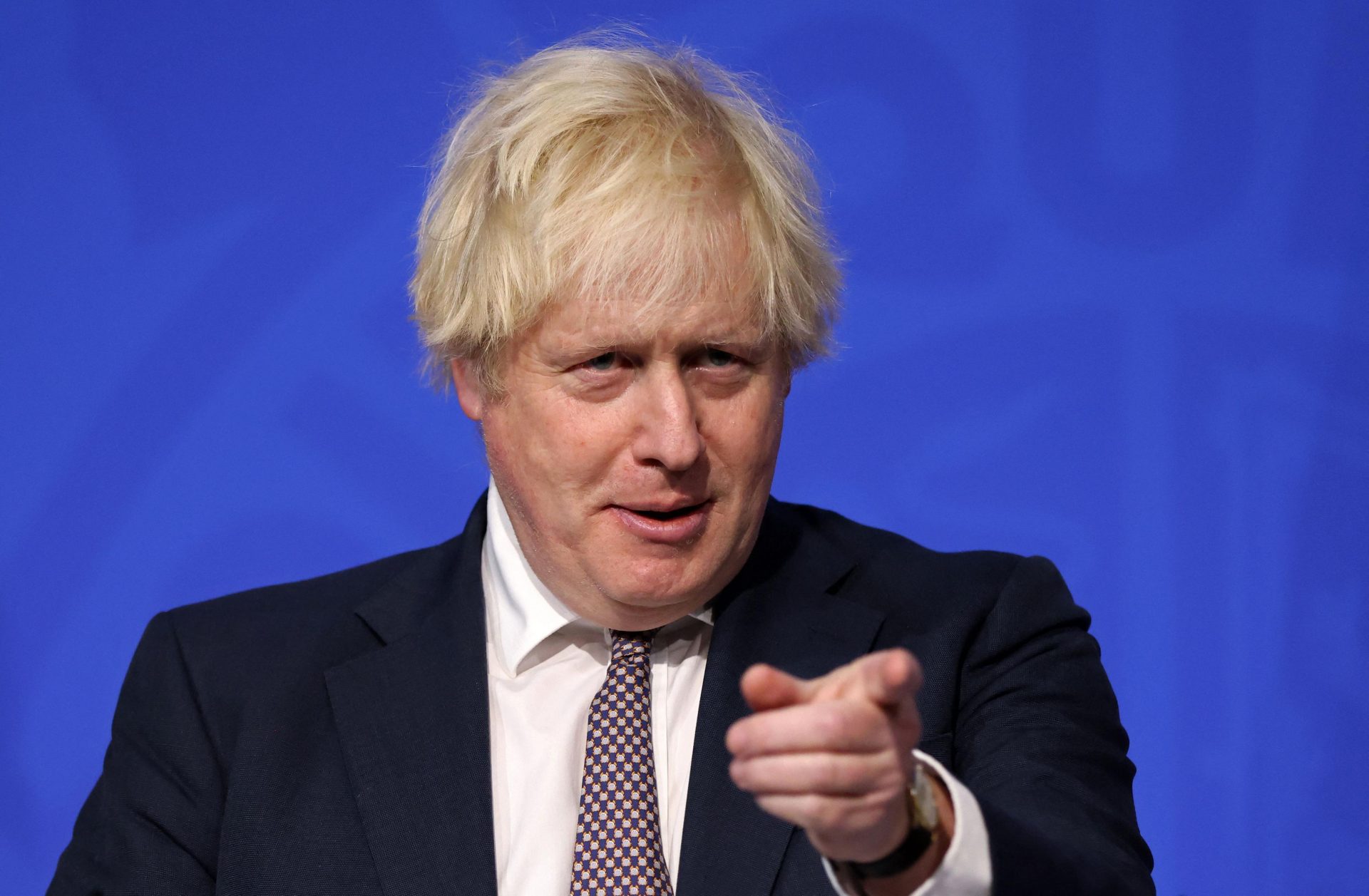Has anyone else noticed the similarities between Omicron, the potentially deadly coronavirus variant currently threatening the world, and Unicron, the planet-sized robot in the Transformers franchise, whose massive form – and I quote here from a fan website – “is powered by the consumption of planets, moons, stars, and even the very fabric of existence”? I wonder if by any chance they may be related.
True, at the time of writing we still don’t know if this new variant will outfox our vaccines with its multiply-mutated protein spike, but, on the other hand, since the film franchise has been running for decades now, we do know that its close homonym is “able to travel across realities at will, a meandering plague [that] acts with the characteristics of a virus… seeping through reality, succeeding where it can, retreating when it cannot.”
We can only hypothesise as to the etymology of Unicron. Who, after all, is it that gets the naming rights for world-destroying robotic entities? But a reasonable hypothesis would be that it’s a classical mash-up: ‘unus’ – the Latin for ‘one’ – spliced with ‘chronos’, the Ancient Greek for ‘time’.
Not that we’re Victorian-era philologists, who seek ultimate meanings in storied origins, but Omicron’s derivation is quite different. WHO (the World Health Organisation) began allotting Greek letters to new coronavirus variants after the one since dubbed Delta appeared in India. The reasoning was that countries shouldn’t be stigmatised for having unwittingly provided the mega Petri dish within which the new planet-devouring organism evolved, so: alpha, beta, delta… pretty straightforward, then there’s a run of Greek letters that aren’t so familiar, while neither are the variants they designate significant.
But then comes the 13th variant to be named – logically it should be dubbed ‘nu’, but probably to the chagrin of our premier and other Eton-educated classicists, it was felt this sounded too much like the English word ‘new’.
The next letter also proved problematic – but for different reasons. ‘Xi’ is also the name of the Chinese president, and upsetting him is as bad as… well, probably as bad as upsetting that aforementioned giant robot whose sole raison d’être is the replacement of all existence with a howling vortex of absolute nullity.
And speaking of howling vortexes, what about Storm Arwen? Again: at the time of writing almost 20,000 British homes are still without power as a result of the lashing they received from the rambunctious zephyr, while the army has been deployed to Aberdeenshire to check out remote communities isolated in her aftermath.
Each year, a new list of Atlantic storm names is compiled by a consortium of meteorological agencies: our own Met Office, Met Éireann and KNMI (the Dutch equivalent). According to the Met Office the names – which are canvassed from the public – are selected on the basis that they’re either popular ones or “reflect the diversity of Britain, Ireland and the Netherlands”. When I last looked, the name Arwen, while arguably having some Celtic roots – it’s cognate with the Welsh for ‘berry’ – has only had any prominence since Peter Jackson’s Lord of the Rings films. Arwen (played by Liv Tyler in the films, who looks pretty juvenescent for someone more than 2,000 years old), is the Elvish for ‘royal maiden’, and only 150-odd British babies were so dubbed last year; so on both counts – diversity and popularity – this nomination seems a little suspect.
Still, what’s in a name? A variant known by another would be just as infectious or lethal – a storm quite as destructive. Or would it? Names are hugely culturally significant – in Judaism, it is impious to even say the name of God, while in the political realm, power is masked metonymically, such that Downing Street contends with the Elysée Palace.
The removal of stigma and the promotion of diversity may be laudable motives, but I’m not sure they’re best addressed by processes that have a superficial appearance of being even-handed, but which in fact are as subject to the pressures of populism as everything else in our increasingly wired world. The WHO gives ground rather than offend the powers-that-be, while the consortium of meteorological offices makes a token gesture at inviting nominations from the public while reserving the final decision to themselves.
Naming rights for both should have devolved to popular usage rather being imposed. We all know the public have excellent form in this regard and I’m certain that victims of the new variant would find their malady easier to bear if it was called Virusy McVirusface.
Multicultural Man: On names
WILL SELF on the naming of the Omicron variant.



